Thanks to the folks at NBC Sports, we'll be providing unique coverage during this Summer's Olympics. Each day throughout the Olympic fortnight, we will have a new interview posted with one of the broadcasters of the 2012 Olympic Games in London. AA will take you inside the experiences of the men and women covering the Olympic Games on the networks of NBC, from table tennis play by play to gymnastics and swimming analysts, to the studio anchors. As the events happen, you'll hear directly from the announcers every day of the London Olympics. Today, we talk to NBC Sports Network Olympic host Liam McHugh.
Q: We know the Olympics are a unique experience for the athletes, but how is it unique from your perspective as a broadcaster?
A: It's a little bit like going to a Sports Broadcasting Fantasy Camp. The day I arrived -as I walked through the hotel lobby with my bag – I saw Dan Patrick, Doug Collins, Dan Hicks, Jimmy Roberts, Al Trautwig, and Tom Hammond. It was an unnerving experience.
Q: What are the biggest challenges in hosting for an Olympic sport?
A: The biggest challenge is bringing in the casual viewer and allowing them to fully appreciate a sport that they are perhaps not all that familiar with, while not dumbing things down to such a point that the hardcore fans of that sport feel annoyed. You have to walk a very fine line.
Q: How is the Olympic environment different in the studio versus other events you've worked?
A: When I'm inside the studio it doesn't seem all that different than being in any studio on the road. Cameras, desk, monitors, bad coffee. But the oddest part is that my producer is thousands of miles away back in New York. There's zero face-to-face conversation, but we make it work. What truly makes this studio experience unique is that the Athlete's Village is right behind us. A few days ago I saw an athlete getting a massage on the third floor terrace. Meanwhile, at the same time on the fourth floor terrace, one athlete was doing squats, with another athlete sitting on his shoulders supplying the resistance.
Q: What's the most memorable aspect of being a part of the Olympic broadcast?
A: Actually, it's pretty easy. My first moment on camera at the Olympics was with Bob Costas. He took us on the air on NBCSN, did a few interviews and then handed the coverage off to me. He wanted to talk about Olympic soccer, but all I wanted to talk about was the fact that he wasn't wearing a tie. According to Costas, I have nine more Olympics to go before I can lose the neckwear. So, I'll see you with an open collar in the year 2030. By the Summer Games of 2044, I hope to not have to shave, or wear pants.
Q: What else will you try and take part in outside the studio in London?
A: A few of the major venues are conveniently located very close to our set. I hope to catch a glimpse of the men's basketball tournament and I'm desperate to get into Olympic Stadium to see some of the track and field. My father was a track coach for over 40 years and one of my fondest memories is sitting on the couch with him watching Carl Lewis tear up the track.


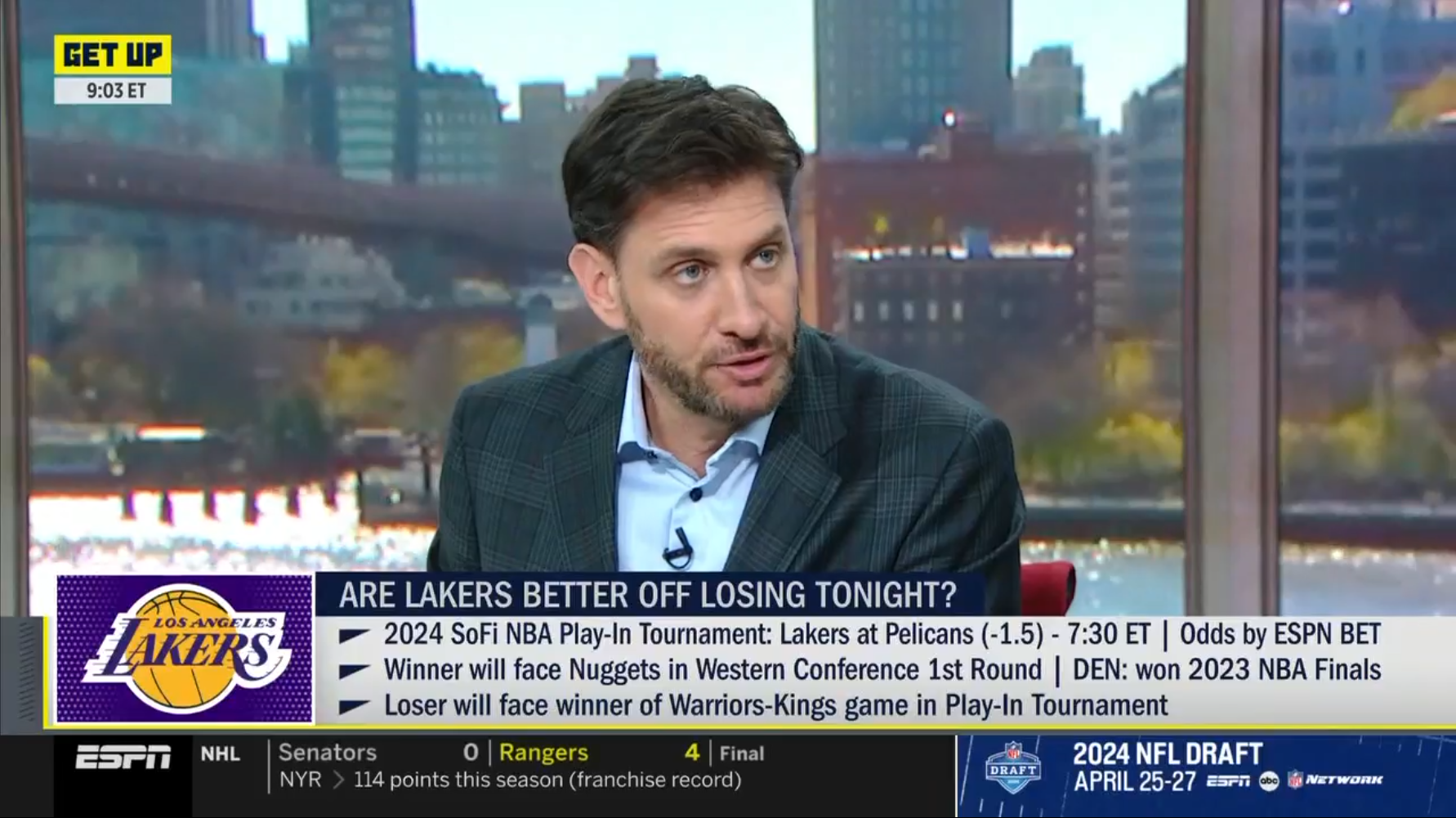
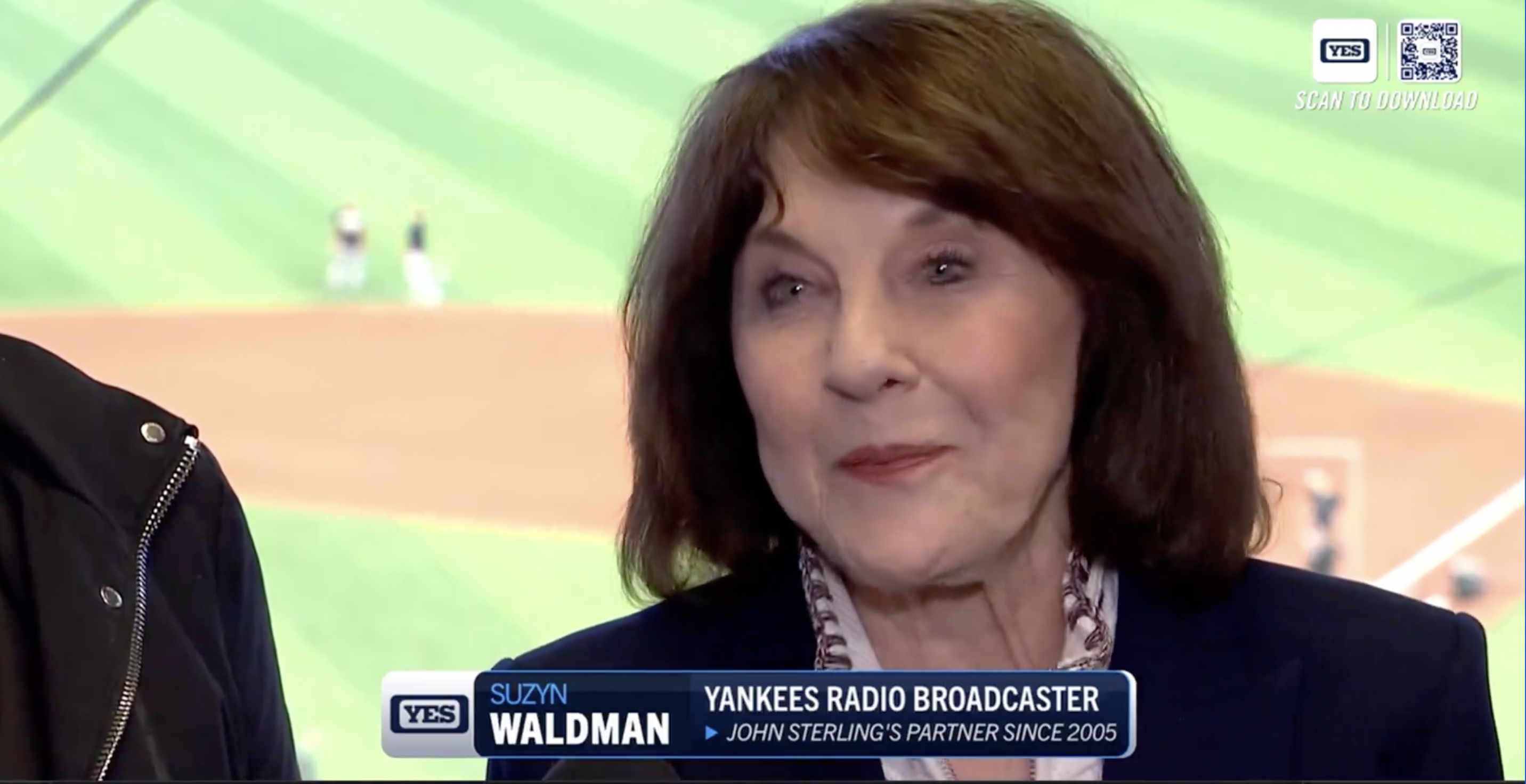
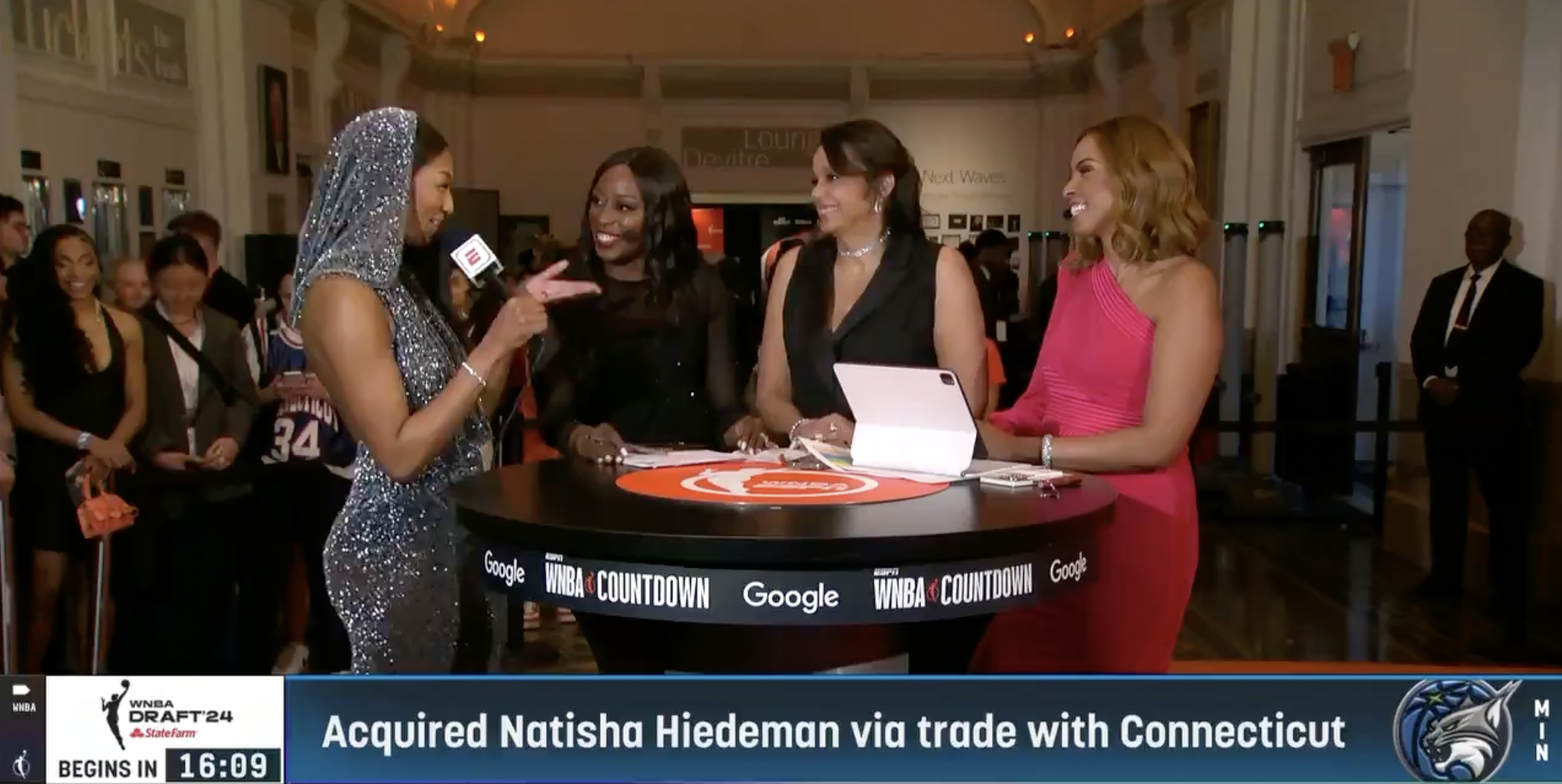

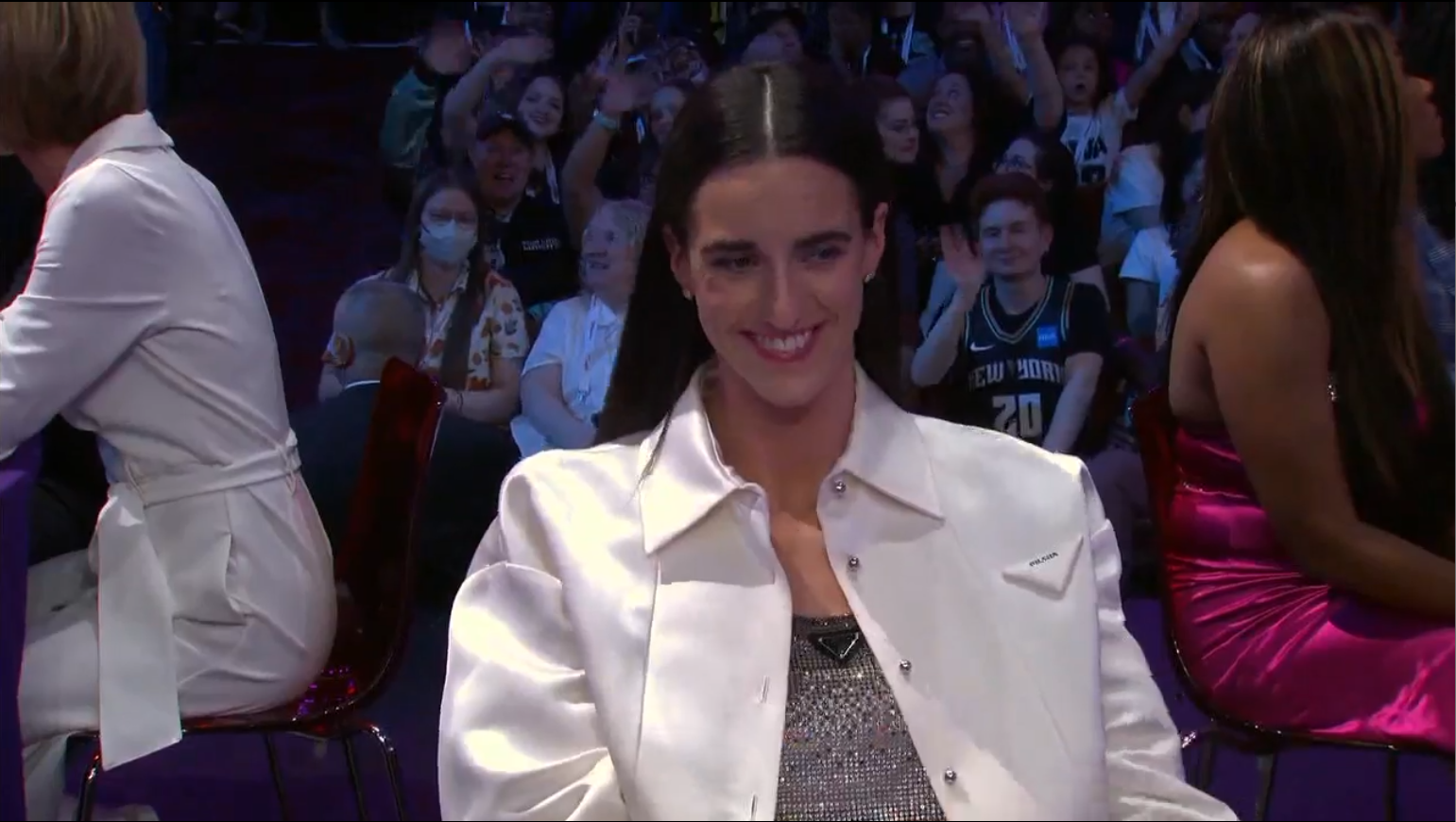
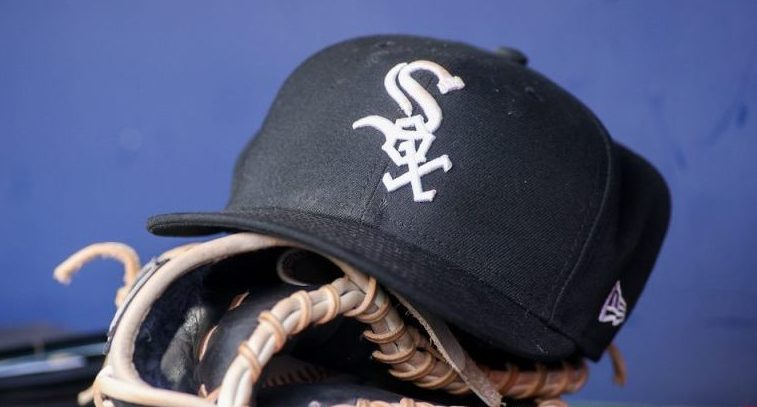
Comments are closed.